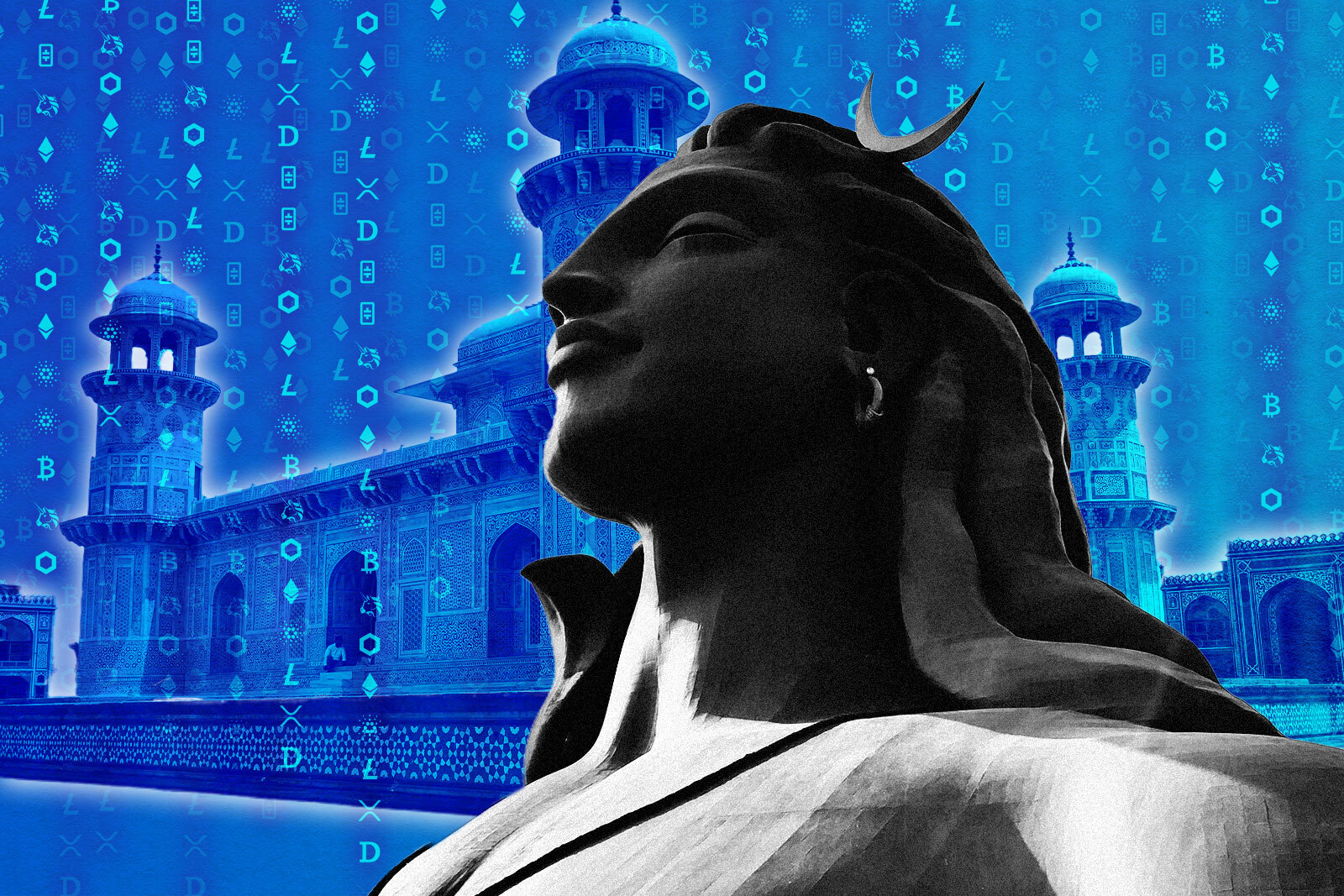
The Republic of India has been largely reticent when it comes to cryptocurrencies, but high interest around crypto and its increasing global adoption has played a part in altering the South Asian nation’s stance. The country has announced plans to introduce its national cryptocurrency before April 2023 and made cryptocurrency legal by applying a 30% tax to digital assets sales.
The country’s central bank, the Reserve Bank of India (RBI), will work to implement an Indian central bank digital currency (CBDC). The digital currency will lead to a more efficient and cheaper currency management system, the Financial Minister of India Nirmala Sitharaman stated.
CBDCs operate differently from decentralized cryptocurrencies, which do not hold the status of legal tender. The digital rupee will allow users to make domestic and international transactions without the interference of a third party or bank.
Sponsored
India also imposed a 30% tax on revenue from both cryptocurrency and NFT .
“There’s been a phenomenal increase in transaction in virtual digital assets. The magnitude and frequency of these transactions have made it imperative to provide for a specific tax regime,”
said Sitharaman.
On the Flipside
- A thirty percent tax is indeed high. Nevertheless, Avinash Shekhar, the chief executive of cryptocurrency exchange ZebPay, said it’s “a positive step as it legitimizes crypto and hints at an optimistic sentiment towards the further acceptance of crypto and NFTs.”
- According to Reuters, India’s central bank is concerned about private crypto assets and has gone on record that these could lead to financial instability.